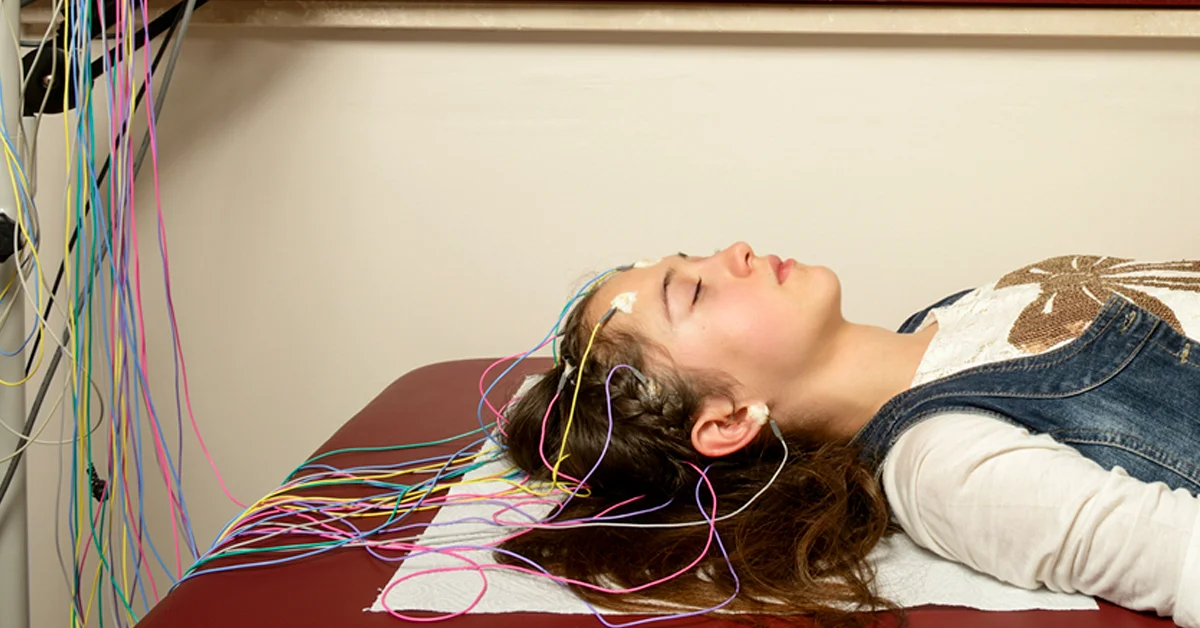Introduction:
Sleep disorders can have a significant impact on a person’s overall well-being and quality of life. Insomnia, sleep apnea, restless leg syndrome, and other sleep disorders can lead to daytime fatigue, impaired cognitive function, mood disturbances, and increased risk of certain health conditions. As a result, individuals with sleep disorders often seek alternative remedies to improve their sleep quality. One emerging option is CBD (cannabidiol), a compound derived from the cannabis plant. This comprehensive guide aims to provide a thorough understanding of CBD’s potential benefits and considerations for using CBD as a potential treatment for sleep disorders.
Table of Contents:
I. Understanding Sleep Disorders
A. Types of Sleep Disorders
B. Causes and Symptoms
C. Conventional Treatments
II. What is CBD?
A. Overview of CBD
B. CBD vs. THC
C. How CBD Works
III. CBD and Sleep: The Connection
A. Sleep-Wake Cycle Regulation
B. CBD’s Interaction with the Endocannabinoid System
C. Potential Effects on Sleep Architecture
IV. Research on CBD for Sleep Disorders
A. Clinical Studies and Findings
B. Effectiveness for Specific Sleep Disorders
1. Insomnia
2. Sleep Apnea
3. Restless Leg Syndrome
4. REM Sleep Behavior Disorder
C. Safety and Side Effects
V. Choosing the Right CBD Product
A. Types of CBD Products
B. Understanding CBD Labels
C. Factors to Consider
1. CBD Concentration
2. Extraction Methods
3. Third-Party Testing
4. THC Content
5. Consumption Methods
VI. How to Use CBD for Sleep Disorders
A. Dosing Considerations
B. Best Time to Take CBD
C. Combining CBD with Other Sleep Aids
D. Monitoring and Adjusting Dosage
VII. Precautions and Considerations
A. Legal Status of CBD
B. Drug Interactions
C. Potential Side Effects
D. Allergies and Sensitivities
E. Choosing Reputable Brands
VIII. Other Lifestyle Changes for Better Sleep
A. Sleep Hygiene Practices
B. Stress Reduction Techniques
C. Exercise and Physical Activity
D. Cognitive-Behavioral Therapy for Insomnia (CBT-I)
IX. Conclusion
I. Understanding Sleep Disorders:This section provides an overview of different types of sleep disorders, their causes, symptoms, and conventional treatments. Understanding sleep disorders is crucial for exploring CBD as a potential solution.
II. What is CBD?
Here, we delve into the basics of CBD, including its differences from THC and how it interacts with the body’s endocannabinoid system to produce various effects.
III. CBD and Sleep:
The Connection:
This section explains how CBD may affect sleep by regulating the sleep-wake cycle and influencing the endocannabinoid system, highlighting its potential benefits for sleep disorders.
IV. Research on CBD for Sleep Disorders:
This section reviews existing clinical studies and findings related to CBD’s effectiveness for specific sleep disorders such as insomnia, sleep apnea, restless leg syndrome, and REM sleep behavior disorder. It also discusses safety considerations and potential side effects.
V. Choosing the Right CBD Product:
Readers will learn about different types of CBD products available, understanding labels, and important factors to consider when selecting a high-quality CBD product for sleep disorders.
VI. How to Use CBD for Sleep Disorders:
This section provides guidance on dosing considerations, timing, combining CBD with other sleep aids,
monitoring and adjusting dosage for optimal results when using CBD for sleep disorders.
VII. Precautions and Considerations:
To ensure safe and effective use of CBD, this section covers important precautions and considerations such as the legal status of CBD, potential drug interactions, possible side effects, allergies, sensitivities, and how to choose reputable CBD brands.
VIII. Other Lifestyle Changes for Better Sleep:
While CBD can be beneficial, it’s essential to incorporate other healthy habits for improved sleep. This section explores various lifestyle changes including sleep hygiene practices, stress reduction techniques, exercise and physical activity, and cognitive-behavioral therapy for insomnia (CBT-I).
IX. Conclusion:
The guide concludes by summarizing the key points discussed throughout the guide and highlighting the potential benefits and considerations of using CBD as a treatment for sleep disorders. It emphasizes the importance of consulting with a healthcare professional before starting any new treatment regimen.
By providing a comprehensive overview of CBD and sleep disorders, this guide aims to empower individuals with the knowledge needed to make informed decisions about incorporating CBD into their sleep routine. It should be noted that while CBD shows promise for sleep disorders, more research is needed to fully understand its mechanisms and effectiveness.
- Exploring the World of Just Kratom: A User’s Fun Review - October 7, 2024
- 14 Types of Headaches and How to Treat Them - June 11, 2024
- Otto II Seed Is Back A Comprehensive Guide - October 28, 2023

